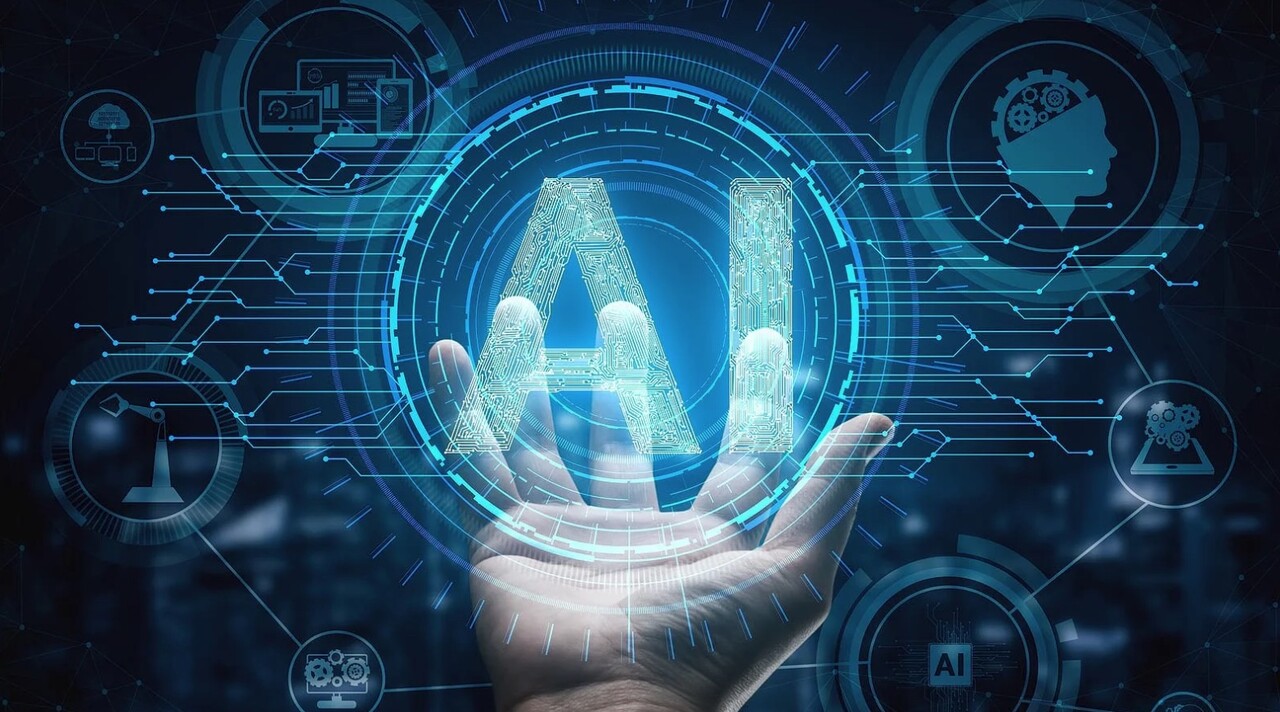Introduction
Artificial intelligence (AI) is transforming major industries and changing the way we live and work. From self-driving cars to virtual assistants, AI is powering innovations that once seemed confined to the realm of science fiction. In this article, we will explore five of the most impactful real-world applications of AI that are active today. Understanding these use cases and the AI tools powering them provides a window into the transformative potential of this technology as well as the need to ethically manage its risks and limitations.
Application 1: Self-Driving Cars
AI Tools for Autonomous Driving
One of the most prominent examples of applied AI is the development of autonomous vehicles. Self-driving car technology relies heavily on artificial intelligence capabilities like computer vision, sensor fusion, mapping, and machine learning algorithms. Key AI tools include neural networks for object recognition, deep reinforcement learning for decision making, simulation environments for testing, and specialized software frameworks like TensorFlow and PyTorch.
The Race to Develop Driverless Cars
Major players in the race to develop safe and reliable driverless cars include Tesla, Waymo, Uber, and traditional automakers like General Motors and Volvo. Tesla’s autopilot feature offers limited automation utilizing cameras, radars, and neural networks to enable lane centering, adaptive cruise control, self-parking, and summoning. Waymo has tested over 20 million miles on public roads with its proprietary sensors and software. Uber suspended its self-driving car program after a fatal crash in 2018 but recently regained approval to test in Pennsylvania.
The Promise and Challenges of Autonomous Driving
The benefits of mature autonomous vehicle technology are enormous. Self-driving cars have the potential to prevent many of the over 1.3 million annual fatalities worldwide caused by human error. Autonomous taxis and delivery vehicles could drastically reduce congestion and emissions in urban areas. Those unable to drive due to age or disability would gain new mobility and independence.
However, significant barriers remain when it comes to costs, infrastructure, technology limitations, regulations, and most critically – public trust. It may take years or even decades before fully autonomous cars can navigate all driving scenarios safely. But continued progress makes it likely driverless transportation will eventually transform personal mobility.
Application 2: AI-Powered Cybersecurity
AI Tools for Cybersecurity
Cybersecurity stands as another field being revolutionized by artificial intelligence. As hackers grow increasingly sophisticated, traditional security tools struggle to detect zero-day threats and prevent data breaches. AI-powered solutions like deep learning, neural networks, and natural language processing offer a huge leap forward. Cybersecurity AI relies on tools like machine learning, anomaly detection, classification algorithms, and predictive modeling.
Cybersecurity Use Cases for AI
AI cybersecurity platforms can ingest massive streams of system logs, network traffic data, and other artifacts. Advanced analytics uncover hidden relationships and make probabilistic determinations to detect phishing attempts, malware, unauthorized intrusions, and insider threats. Companies like Darktrace and SparkCognition are leading the way in using unsupervised machine learning for cyber defense. Their self-learning platforms do not require upfront programming but rather adapt to an organization’s regular patterns. Any abnormal deviation triggers an alert, allowing quick response to contain threats.
Other AI cybersecurity use cases include intelligent threat hunting, network traffic analysis to identify command and control actions, and scanning software code repositories to predict and patch vulnerabilities before they are exploited. The automation, accuracy, and speed provided by AI systems surpass human cyber analysts alone. Cybersecurity represents a life saving application of artificial intelligence technology.
Application 3: Precision Medicine
AI Tools for Personalized Healthcare
AI is driving progress in highly personalized healthcare known as precision medicine. AI tools like machine learning, neural networks, and natural language processing analyze complex genetic, lifestyle, and symptom data. This enables customized risk analysis, diagnostic insights, treatment recommendations, and outcome predictions tailored to an individual.
Precision Medicine Use Cases
In genomics, AI can reveal connections in DNA sequencing data that enable improved genetic counseling regarding disease predisposition and targeted therapies based on an individual’s genetics. Startups like Genome Medical use AI to recommend precise drug therapies while companies like SOPHiA Genetics tap AI to pinpoint disease-causing mutations. Imaging analytics is another field being advanced by AI to automatically detect early biomarkers of illness in MRI, CT scan, and other images to accelerate diagnoses. Israeli startup Aidoc uses deep learning algorithms to analyze scans and prioritize the most urgent cases.
Other medical applications of AI include robotic surgery platforms, virtual nursing assistants, automated medical coding, and chatbots that offer personalized health advice. AI holds incredible potential to improve patient outcomes and lower healthcare costs by democratizing access to top medical expertise. However, risks around privacy, consent, and unethical use of data must also be addressed as adoption spreads.
Application 4: Smart Assistants
The AI Behind Smart Assistants
Intelligent personal assistants represent one of the most visible applications of consumer AI technology today. Siri, Alexa, Google Assistant, and other virtual assistants use natural language processing (NLP) and machine learning algorithms to understand spoken commands, respond to questions, and manage daily tasks. Key AI tools include automatic speech recognition, NLP for semantic analysis, and generative pre-trained transformers to produce relevant responses.
Current Capabilities and Limitations
Virtual assistants can automate common tasks like setting reminders, controlling smart home devices, initiating calls, sending texts, checking the weather, and more. They provide a conversational interface for accessing services and information. While extremely useful in many situations, current assistants still lack the contextual understanding and reasoning capabilities needed for more advanced interchanges. But with continued progress in natural language processing, we can expect more intelligent assistants to emerge, including those specialized for enterprise use cases.
Application 5: Fraud Prevention
AI to Combat Fraud
Every year, fraud drains over $5 trillion from the global economy. AI is emerging as a powerful tool to catch various types of fraudulent activity including payment card fraud, insurance claims fraud, identity theft, money laundering, and account takeovers. Machine learning, neural networks, anomaly detection and other AI capabilities allow real-time analysis of massive transaction datasets to detect subtle patterns that identify criminal behaviors.
AI Fraud Prevention Use Cases
Banks, ecommerce merchants, insurance firms and government agencies are deploying AI fraud solutions to great effect. Featurespace detects credit card fraud through behavioral biometrics and anomaly detection. SAS employs machine learning to uncover money laundering. IBM Watson uses AI to combat cybercrime. Deep learning algorithms can model the complex sequence of events in fraud scenarios. AI fraud prevention is extremely precise compared to manual methods, reducing false positives while saving significant time and money.
Conclusion
The real-world applications highlighted in this article demonstrate the transformative potential of artificial intelligence across industries. From transportation to medicine to personal assistants, AI is driving automation, improving performance, and enabling new capabilities not previously possible. Common threads across these use cases include utilizing predictive analytics, identifying patterns in complex data, and learning or self-adapting over time.
However, while holding great opportunity, the adoption of AI also raises important ethical questions around transparency, inherent biases, privacy, job displacement, and more. As this powerful technology proliferates, we must thoughtfully manage the associated risks and consider the greater good of humanity. If harnessed responsibly, AI can accelerate solutions to humanity’s greatest challenges and uplift our quality of life. But we must ensure its development and use align with our values. The coming age of artificial intelligence promises to be an exciting one if we approach it with wisdom, foresight and care.













